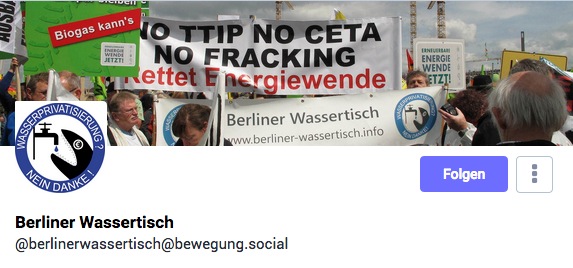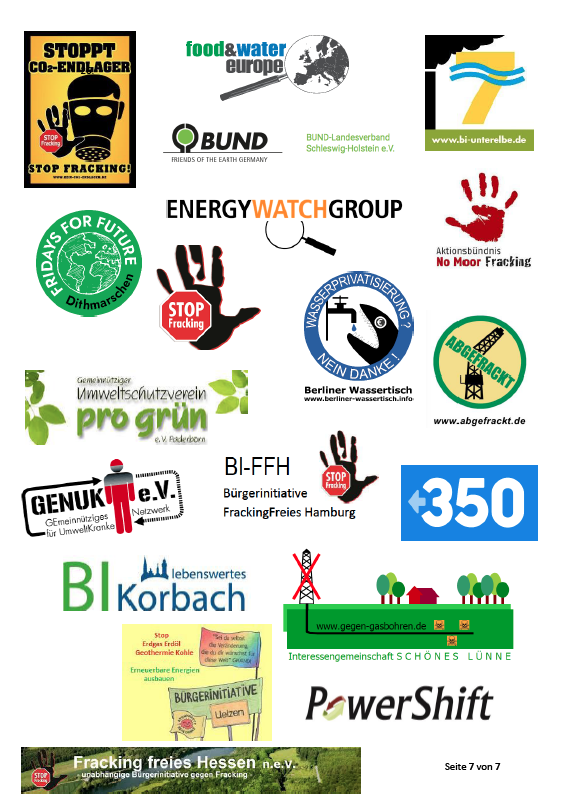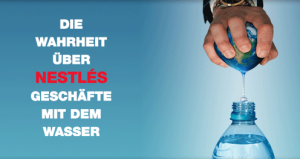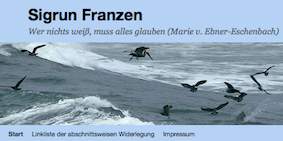 To: Mirei Endara, Environment Minister of the Republic of Panama
To: Mirei Endara, Environment Minister of the Republic of Panama
CC: Juan Carlos Varela Rodríguez, President of the Republic of Panama
Isabel de Saint Malo de Alvarado, Vice President and Minister of Foreign Affairs of the Republic of Panama
Eduardo Calvo, Chair of the Clean Development Mechanism Board
John Knox, UN Special Rapporteur on human rights and the environment
Victoria Tauli-Corpuz, UN Special Rapporteur on the Rights of Indigenous Peoples
September 7, 2016
RE: Withdrawal of Barro Blanco’s registration under the Clean Development Mechanism
Dear Minister Endara,
We, the undersigned, urge you to withdraw Panama’s letter of approval for the Barro Blanco hydroelectric project to be registered under the Clean Development Mechanism (CDM), in light of the severe environmental and human harms it is causing. As adopted by the CDM Executive Board at its 76th meeting, the procedure for withdrawing approval of a CDM project activity is set forth in Doc. CDM-EB76-A12-PROC.
The affected communities are currently threatened by a flooding, that started on August 19 without prior notification, and has already put first houses under water. Communities are now on high alert as they will be forced to abandon their sacred lands in the coming days.
Panama has been on notice of the negative social and environmental impacts associated with this project for several years. According to a fact finding mission led by the United Nations Development Programme in 20123, the Barro Blanco hydroelectric project will have direct impacts on the Ngäbe communities of Kiad, Nuevo Palomar and Quebrada Caña. The dam will flood at least 6 hectares + 9816.86 m² of their land, their only means of subsistence, including homes and sacred petroglyphs.
As indicated in two letters sent to the CDM Board in 20114 and as confirmed by then UN Special Rapporteur James Anaya, the local affected Ngäbe Bugle communities were not adequately consulted and have never given their consent to the Barro Blanco project. Furthermore, in August 2015, the Panamanian Environment Minister found that the project developer, GENISA, had not reached agreement with the Ngäbe Bugle Comarca and sanctioned the company with a fine. In spite of this finding, the Panama’s National Authority for Public Services granted permission to “test flood” Barro Blanco in May 2016, without notifying or consulting the affected communities, as confirmed by Milton Henriquez, Minister of Internal Affairs.
These findings, as well as the reality that the Ngabe people are facing, demonstrate a violation of international human rights standards, which stipulate that indigenous peoples have the right to consultation and free, prior and informed consent. As derived from the right to property protected under the American Convention on Human Rights and other agreements, indigenous peoples also have the right to adequate housing, to possess, use, and “freely enjoy” their traditional lands and territories, and to “not be forcibly removed” from them.
The CDM has a dual mandate: to support sustainable development in developing countries and to help industrialized countries partner with developing countries to cheaply reduce emissions. Barro Blanco, however, due to its violation of indigenous rights, has proven to be unsustainable.
For this reason, we call you to withdraw Panama’s letter of approval to Barro Blanco’s CDM registration, in order to respect both Panama’s national and international commitments and follow the spirit of newly approved Law 37 on the right to free, prior and informed consent of indigenous peoples.
Vollständiger Text in der pdf
[Nachtrag vom 10. November: Protest erfolgreich!
Der Berliner Wassertisch erhielt am 10. November folgende erfreuliche Mail, dass „the Barro Blanco hydro dam project was officially de registered from the Clean Development Mechanism last week, after Panama withdrew its letter of approval. That means that Barro Blanco will not receive any carbon credits. This marks the first time in the history, that a country has taken such a measure. More info in our press statement below or here.“






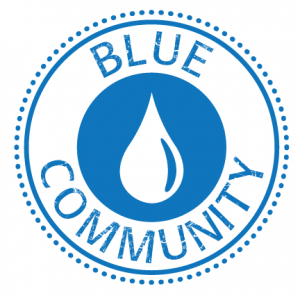

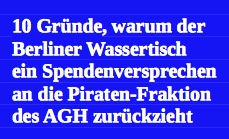
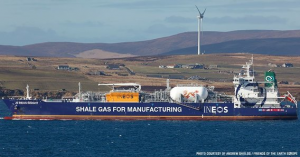
 Pressemitteilungen
Pressemitteilungen